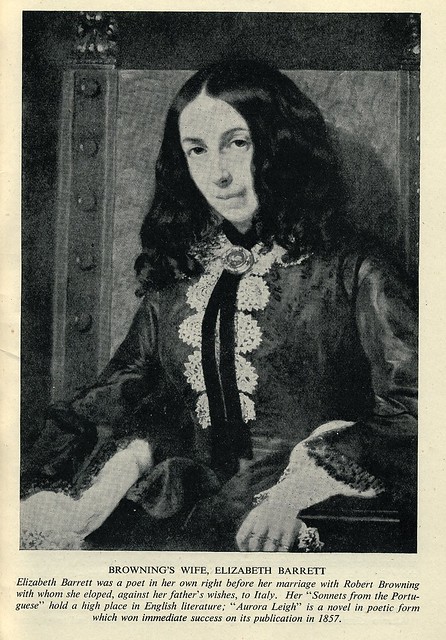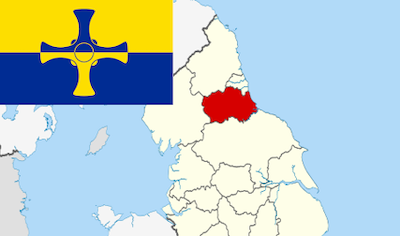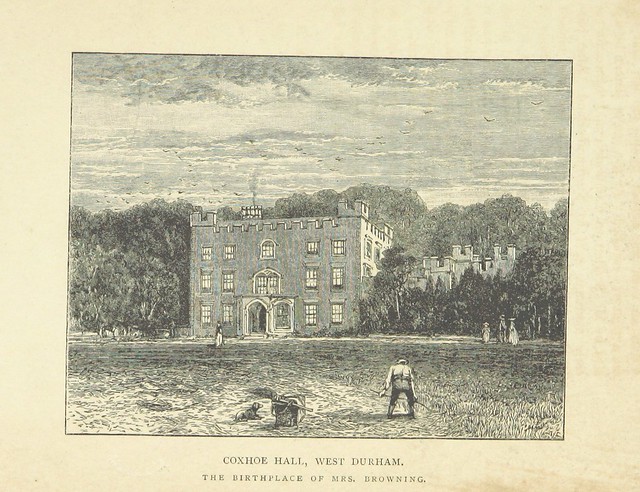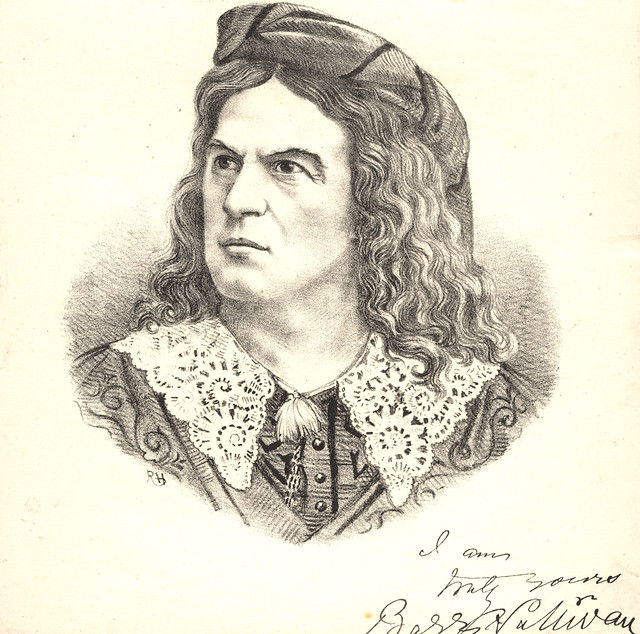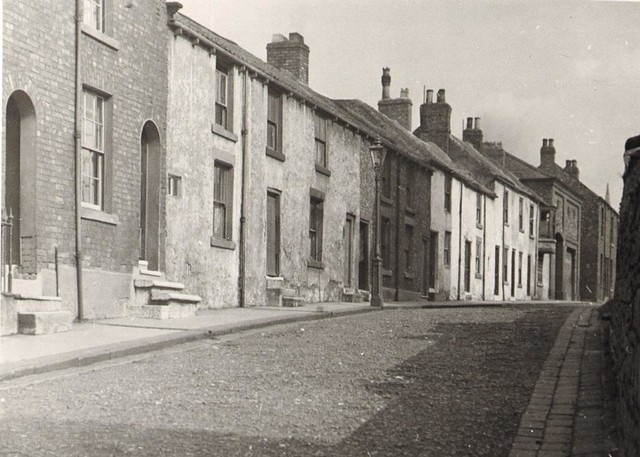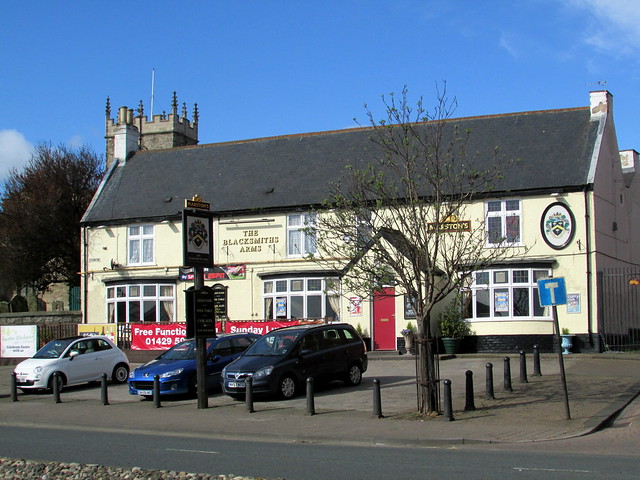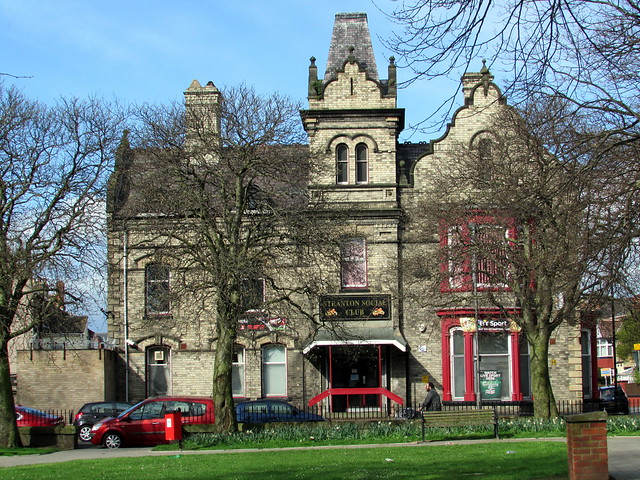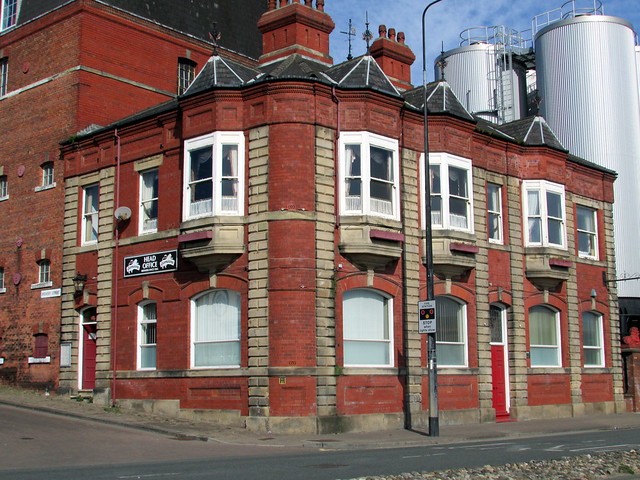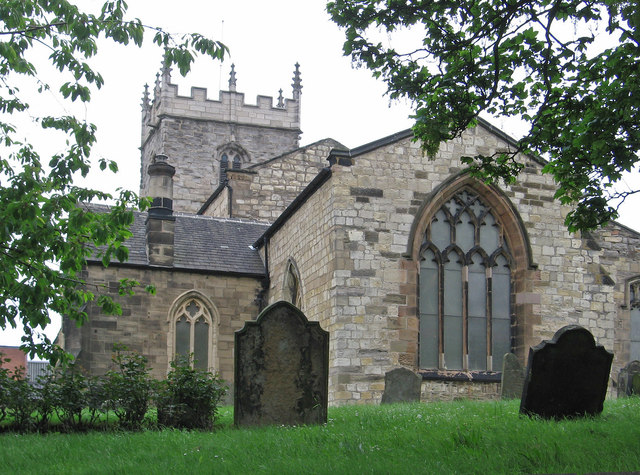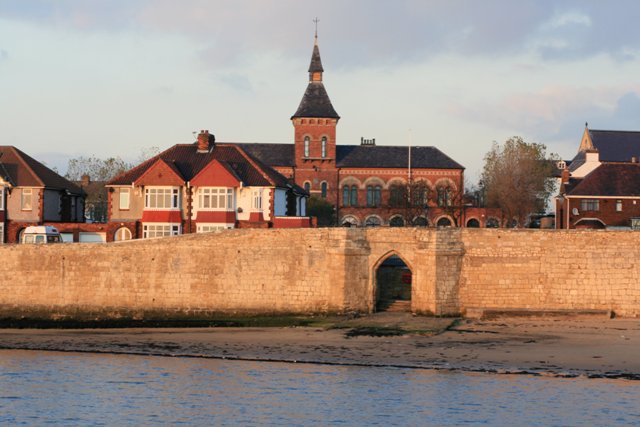Runaway Bride

-
Description
The original Runaway Bride. Romantic Poet, Elizabeth Barret, eloped with Robert Browning, against her Father's wishes, to Italy in 1846. The first poetry books I ever bought were a two volume set of Elizabeth Barret Browning's Poems from this book shop: http://www.picturestockton.co.uk/viewpage.aspx?id=5263" >www.picturestockton.co.uk/viewpage.aspx?id=5263. At the time (I was only sixteen) I think it was the portraits on the frontpieces that made me swoon, more then the poetry Elizabeth was born in 1806 at Coxhoe Hall, County Durham, England. The oldest of twelve children, Elizabeth was the first in her family born in England in over two hundred years. For centuries, the Barrett family, who were part Creole, had lived in Jamaica, where they owned sugar plantations and relied on slave labor. By her twelfth year she had written her first "epic" poem, which consisted of four books of rhyming couplets. Two years later, Elizabeth developed a lung ailment that plagued her for the rest of her life. While saddling a pony when she was fifteen, Elizabeth also suffered a spinal injury. Throughout her teenage years, Elizabeth taught herself Hebrew so that she could read the Old Testament; her interests later turned to Greek studies. In 1826 Elizabeth anonymously published her collection An Essay on Mind and Other Poems. Two years later, her mother passed away. The slow abolition of slavery in England and mismanagement of the plantations depleted the Barrett's income, and in 1832, Elizabeth's father sold his rural estate at a public auction. He moved his family to a coastal town and rented cottages for the next three years, before settling permanently in London. While living on the sea coast, Elizabeth published her translation of Prometheus Bound (1833), by the Greek dramatist Aeschylus. Gaining notoriety for her work in the 1830's, Elizabeth continued to live in her father's London house under his tyrannical rule. He began sending Elizabeth's younger siblings to Jamaica to help with the family's estates. Elizabeth bitterly opposed slavery and did not want her siblings sent away. Due to her weakening disposition she was forced to spend a year at the sea of Torquay accompanied by her brother Edward, whom she referred to as "Bro." He drowned later that year while sailing at Torquay and Elizabeth returned home emotionally broken, becoming an invalid and a recluse. She spent the next five years in her bedroom at her father's home. She continued writing, however, and in 1844 produced a collection entitled simply Poems. This volume gained the attention of poet Robert Browning, whose work Elizabeth had praised in one of her poems, and he wrote her a letter. Elizabeth and Robert, who was six years her junior, exchanged 574 letters over the next twenty months. Their romance was bitterly opposed by her father, who did not want any of his children to marry. In 1846, the couple eloped and settled in Florence, Italy, where Elizabeth's health improved and she bore a son, Robert Wideman Browning. Her father never spoke to her again. Elizabeth's Sonnets from the Portuguese, dedicated to her husband and written in secret before her marriage, was published in 1850. Political and social themes embody Elizabeth's later work. She expressed her intense sympathy for the struggle for the unification of Italy in Casa Guidi Windows (1848-51) and Poems Before Congress (1860). In 1857 Browning published her verse novel Aurora Leigh, which portrays male domination of a woman. In her poetry she also addressed the oppression of the Italians by the Austrians, the child labor mines and mills of England, and slavery, among other social injustices. Although this decreased her popularity, Elizabeth was heard and recognized around Europe. Elizabeth Barrett Browning died in Florence on June 29, 1861. Sonnet 43 How do I love thee? Let me count the ways. I love thee to the depth and breadth and height My soul can reach, when feeling out of sight For the ends of Being and ideal Grace. I love thee to the level of every day's Most quiet need, by sun and candlelight. I love thee freely, as men strive for Right; I love thee purely, as they turn from Praise. I love with a passion put to use In my old griefs, and with my childhood's faith. I love thee with a love I seemed to lose With my lost saints, I love thee with the breath, Smiles, tears, of all my life! and, if God choose, I shall but love thee better after death. From Sonnets from the Portuguese Picture from English Language and Literature 1947. Copyright Free image. Thanks to Poets.Org for the information: http://www.poets.org/" >www.poets.org/ -
Owner
spratmackrel -
Source
Flickr (Flickr) -
License
What does this mean? Attribution-ShareAlike License
-
Further information
Link: https://www.flickr.com/photos/30591976@N05/3656902803/
Resource type: Image
Added by: Simon Cotterill
Last modified: 9 years ago
Viewed: 2030 times
Picture Taken: Unknown -
Co-Curate tags
